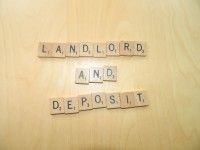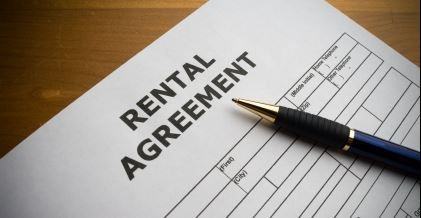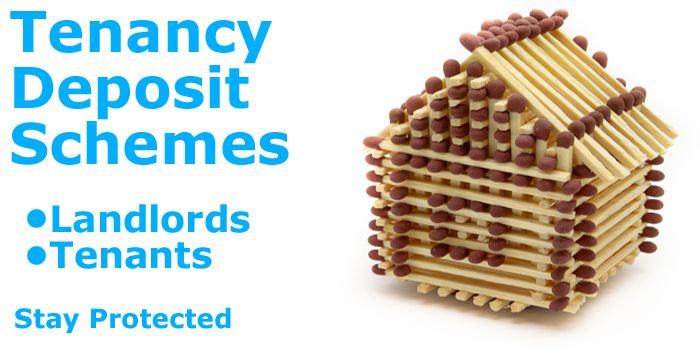Dealing with rent and deposits
By Daniel from RoommatesUK
Finding a flat in London that will accommodate all of your needs might be a tedious process. Not only is it difficult to find someone suitable to share a flat with, but you’ll also need to deal with the flat’s landlord for the duration of your letting period. There are certain characteristics you should look for in a landlord that will make your letting period easier and your stay in the flat-share more enjoyable.
Corporate Landlords VS. Single unit Landlords
The landlord could be anyone, from corporate landlords to single unit landlords and everything inbetween. But what’s most important is that you do the necessary research before you decide on your next room or flat. Corporate landlords tend to own very nice properties that are well-kept. However, due to the nature of the relationship, it’s very unlikely that you’ll ever meet with your landlord face-to-face, or raise any personal concerns that you might have in regards to the property. This can be especially troubling for foreigners in London, for example expats, who are far from home and may not have the means to deal with those concerns themselves. Single unit landlords, on the other hand, are more personable in their approach. They are willing to listen to your concerns, but because they only own a single unit, it can be more difficult for problems to be taken care of on a timely basis.
Dealing with the deposit
Along with finding a landlord for your property that you can trust, one of the most important aspects of having a conversation with your landlord is in regards to deposits. Typically, it’s the amount of money that is paid when the lease is signed that is used to hold you accountable for the condition of the apartment you’re staying in. When the lease is over, an inspection is performed to see if there is any damage to the flat or if it’s in serious need of cleaning. The costs for making the necessary repairs and cleaning bills are taken out of the security deposit in order to hold the tenant accountable for his actions.
However, try as it may be, some landlords are notorious for trying to take as much of one’s security deposit as possible in order to make some money from their tenants at the end of the lease. You can avoid this by taking pictures of everything you can once they move in. Document the state of appliances, carpets and surfaces throughout the flat in order to have evidence at the end of the lease to present to the landlord. This is essential, especially if you’ve taken it in your own hands to clean and maintain the flat in its best condition before you move out.
Tenancy Deposit Protection Scheme (TDP)
It is also important to note that according to the Tenancy Deposit Protection Scheme (TDP) which was introduced by the government in 2007, your landlord (or agency) is obliged to place your deposit for the flat with a government-backed scheme within 30 days of receiving it in order to protect your deposit during your rental period, and must return the deposit back to you within 10 days once a mutual agreement between you and the landlord is reached (minus any amounts due to be deducted from the deposit).
—
You may also want to check out 5 Tips for finding the perfect flatmate.







